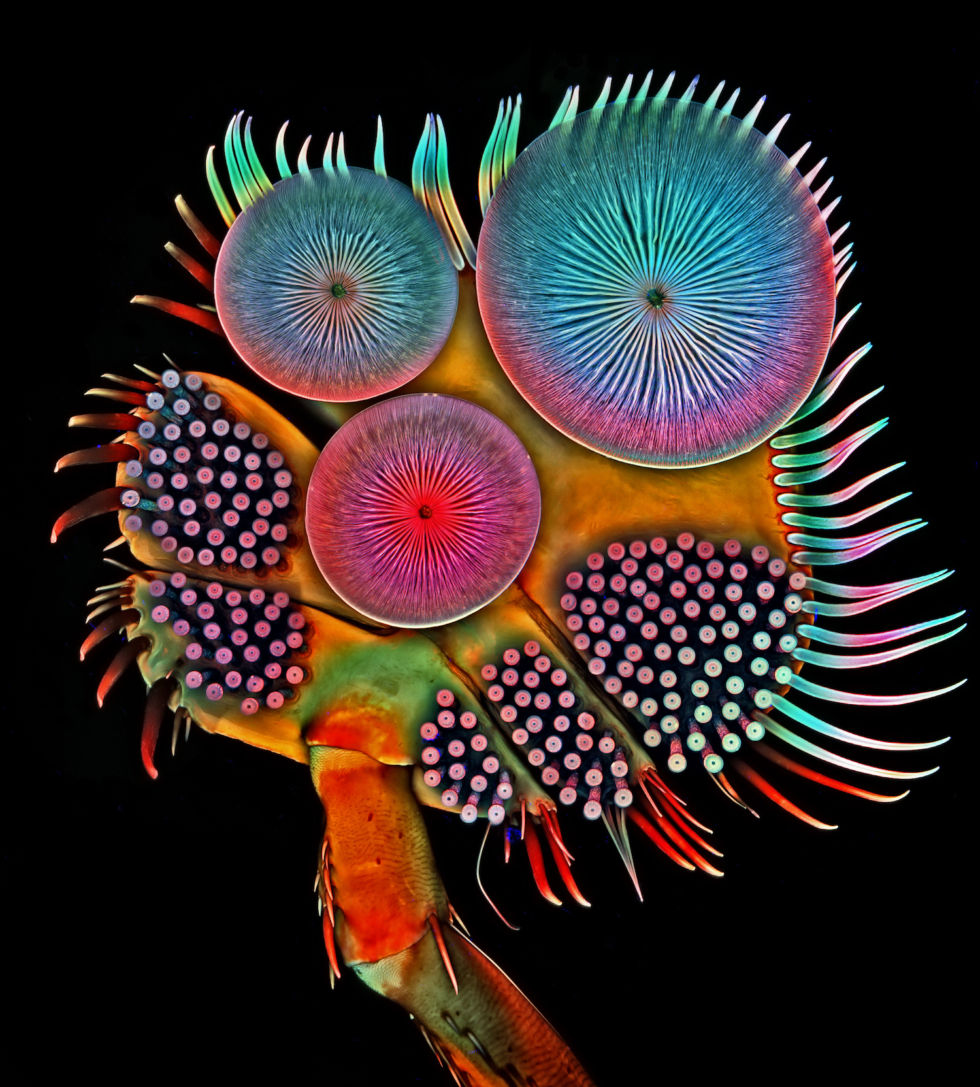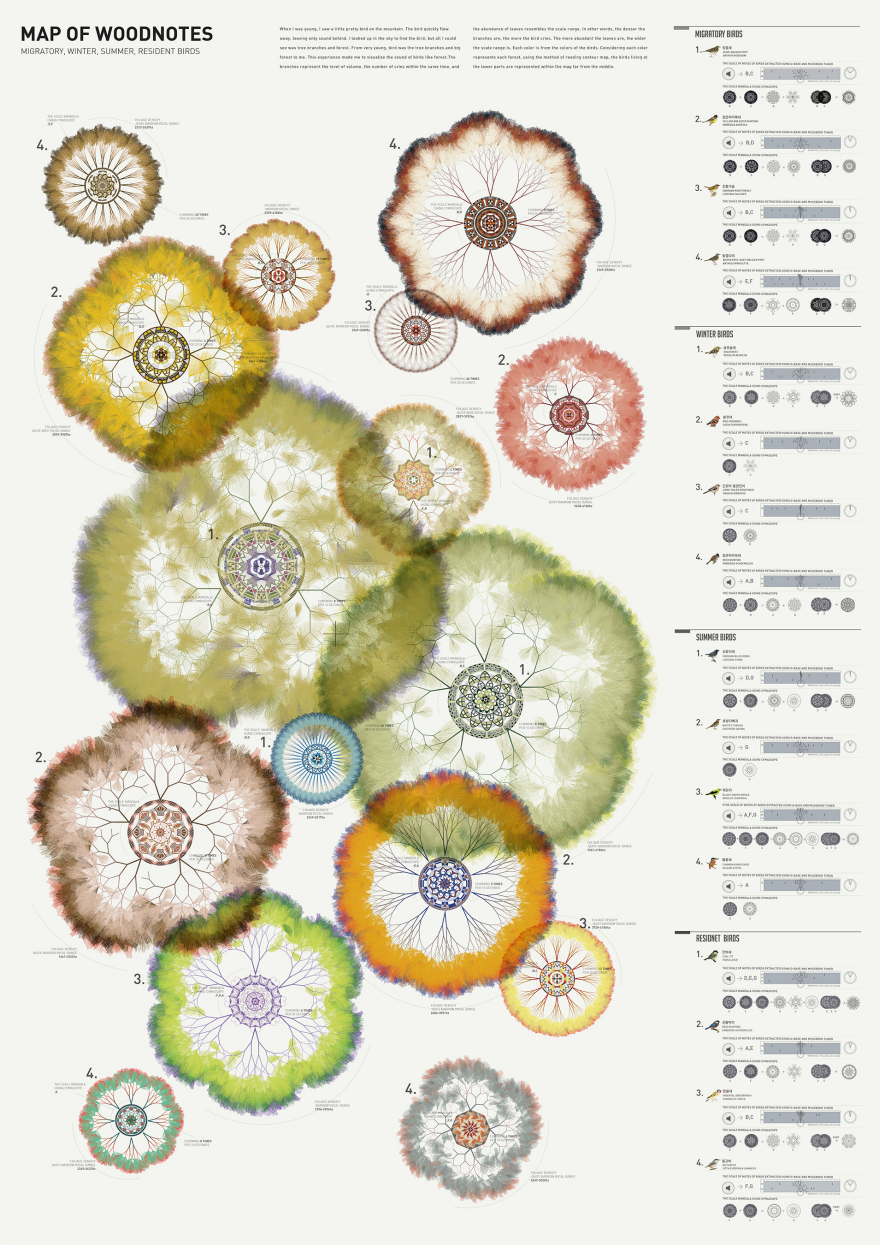This fourth season starts off with Nick having lost his Grimm powers,
and coming to terms with that, as Trubel, not feeling ready yet, takes over his role.
But of course that can’t last, and events mean he needs to get his powers back.
But that is going to cost, more than they know.
The Scooby Gang is growing in size as finally,
finally, Sgt Wu is brought into the team.
If I were him, I’d be
incredibly pissed off that it took the others so long to tell him the truth:
Wu ended up in a mental hospital because of what he’d been through, thinking he was going mad.
The moral of this series should be, writ large, that
although keeping secrets from others might protect
you (as Nick finds out to his cost),
it hardly ever protects
them.
When the series started, there seemed to be just a few Wessen, living in fear and secret.
By now, every other major player seems to be either Wessen, or working against Wessen.
How has
that secret been kept so well?
The plot thickens as we discover more about the Royal Family, and Captain Renard’s mother,
and Jack the Ripper,
and various underground organisations of Wessen.
Even Munroe and Roselee get into trouble with one of the latter, due to their unapproved marriage.
But the biggest upsets are Adalind’s second pregnancy
(given just how well the last one turned out, and given who the father is this time),
and the price Juliette, and consequently the rest of the gang, ends up paying to get
Nick his powers back.
The season starts with a seemingly insurmountable problem,
and ends in tragedy with an even bigger one.
I had two separate running theories of how they might fix things in the end: they did neither.
What surprises will season 5 bring?
For all my SF TV reviews, see
my main website.










